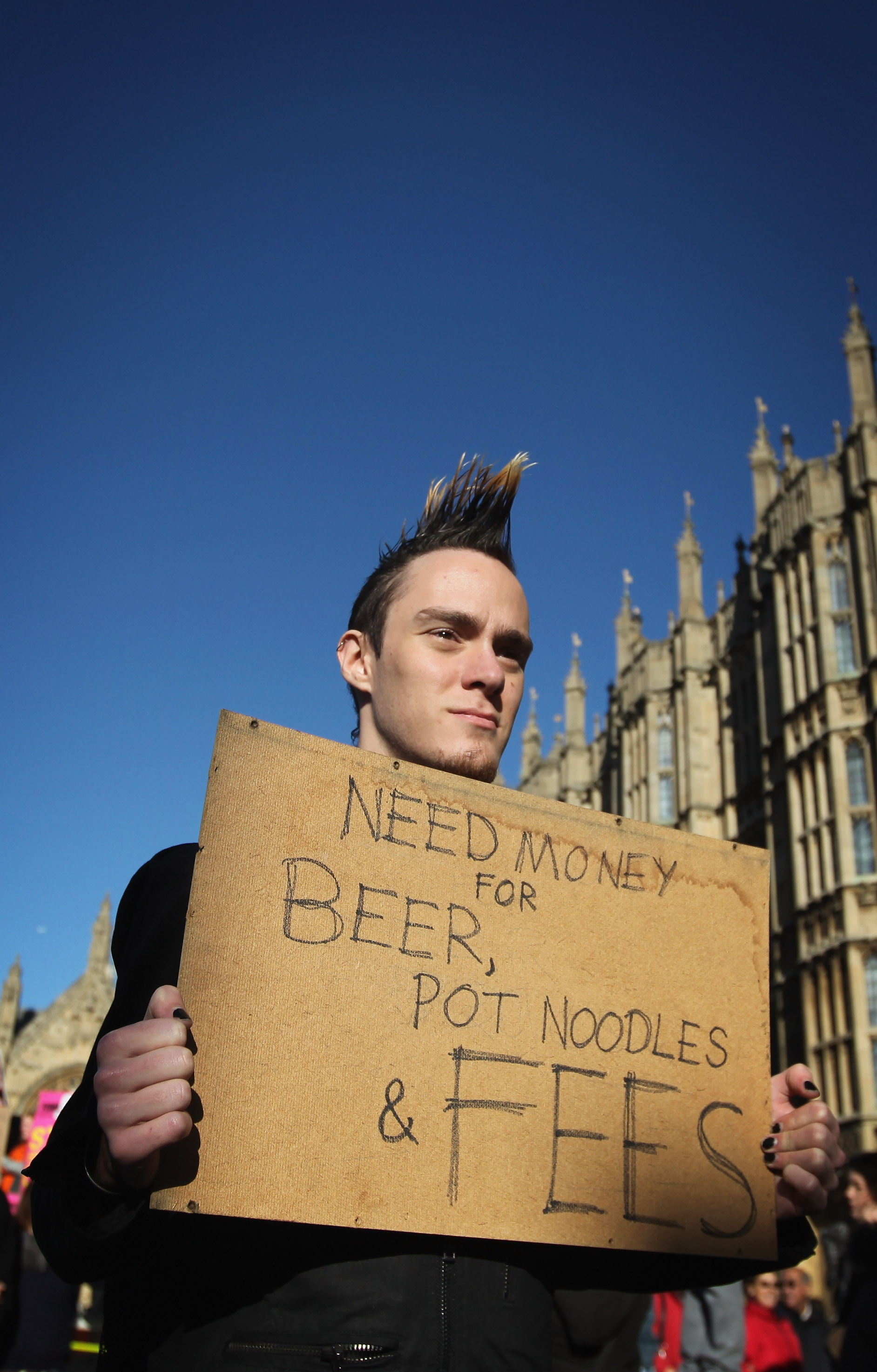 With an uncanny sense of timing, the latest annual British Social Attitudes Survey suggests that the “conflicts of the future may be between today’s
young and their parents’ generation.” And the thinking behind this conclusion? Simple: that, in so many ways, young people have never had it so good as the babyboomers did. From tuition fees
to house prices, those born after 1975-80 have always tended to fall on the less favourable side of the divide – and that has, in turn, fuelled the sense of injustice that we saw erupt onto
the streets last week. As the report puts it:
With an uncanny sense of timing, the latest annual British Social Attitudes Survey suggests that the “conflicts of the future may be between today’s
young and their parents’ generation.” And the thinking behind this conclusion? Simple: that, in so many ways, young people have never had it so good as the babyboomers did. From tuition fees
to house prices, those born after 1975-80 have always tended to fall on the less favourable side of the divide – and that has, in turn, fuelled the sense of injustice that we saw erupt onto
the streets last week. As the report puts it:
“As home ownership becomes less accessible to the young, the ending of the retirement age poses challenges for youth employment, and the costs of higher education become punitive, it remains quite plausible that the fault lines of age could become increasingly well defined. The current financial austerity might even serve to deepen these fault lines especially if they are accompanied by a stronger discourse of age inequality and an accompanying set of policy demands from different groups.”

Britain’s best politics newsletters
You get two free articles each week when you sign up to The Spectator’s emails.
Already a subscriber? Log in







Comments
Join the debate, free for a month
Be part of the conversation with other Spectator readers by getting your first month free.
UNLOCK ACCESS Try a month freeAlready a subscriber? Log in